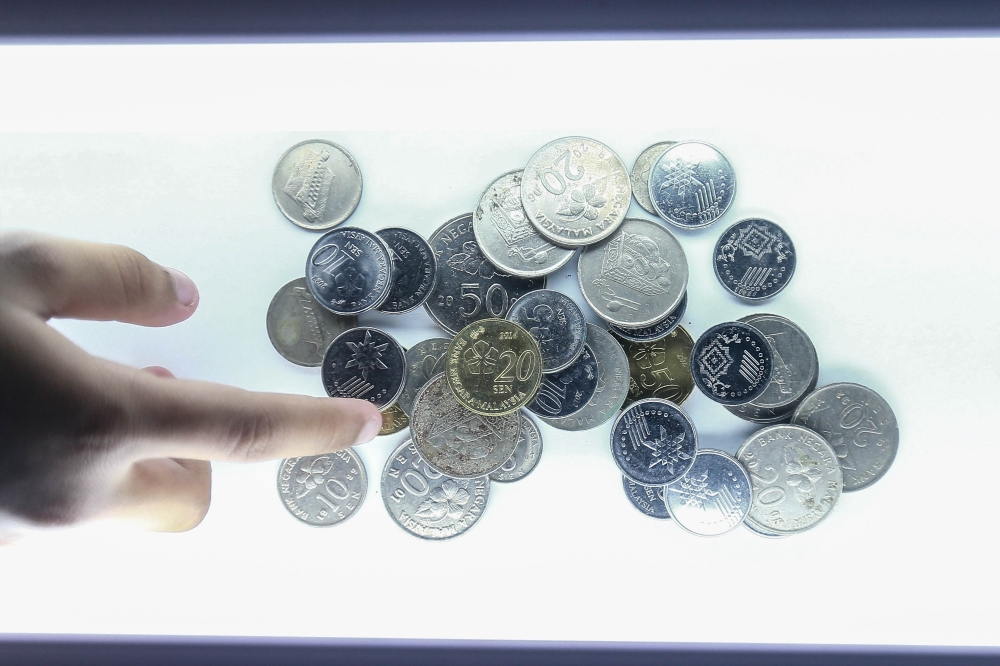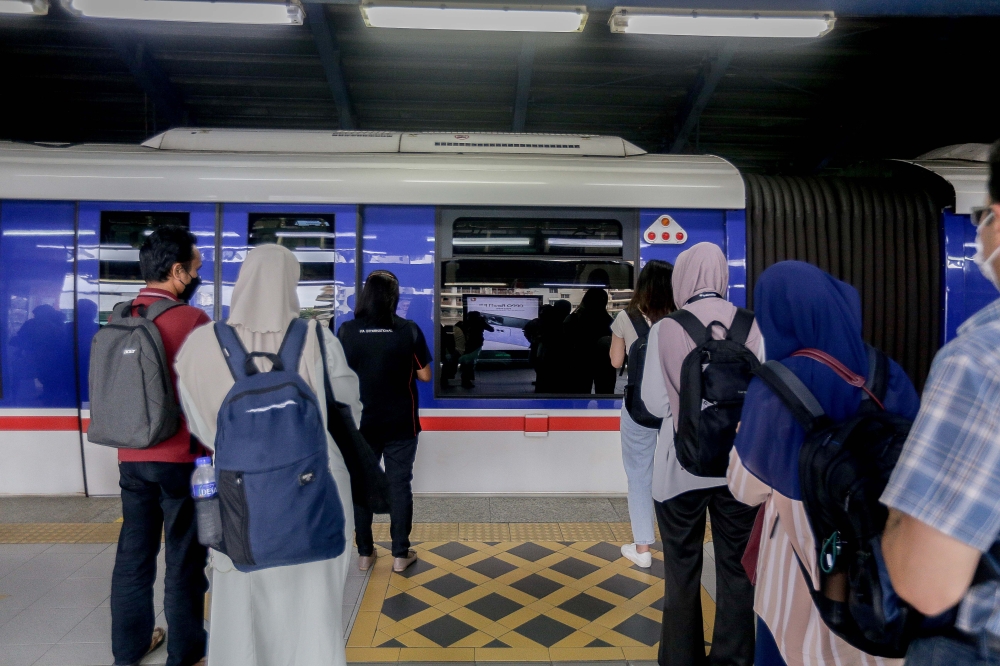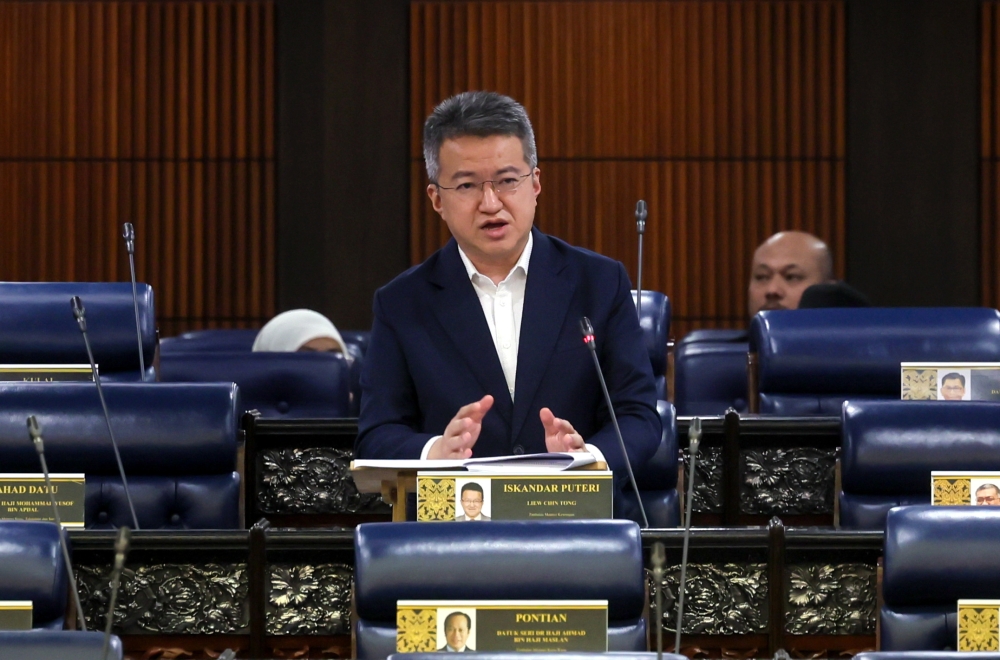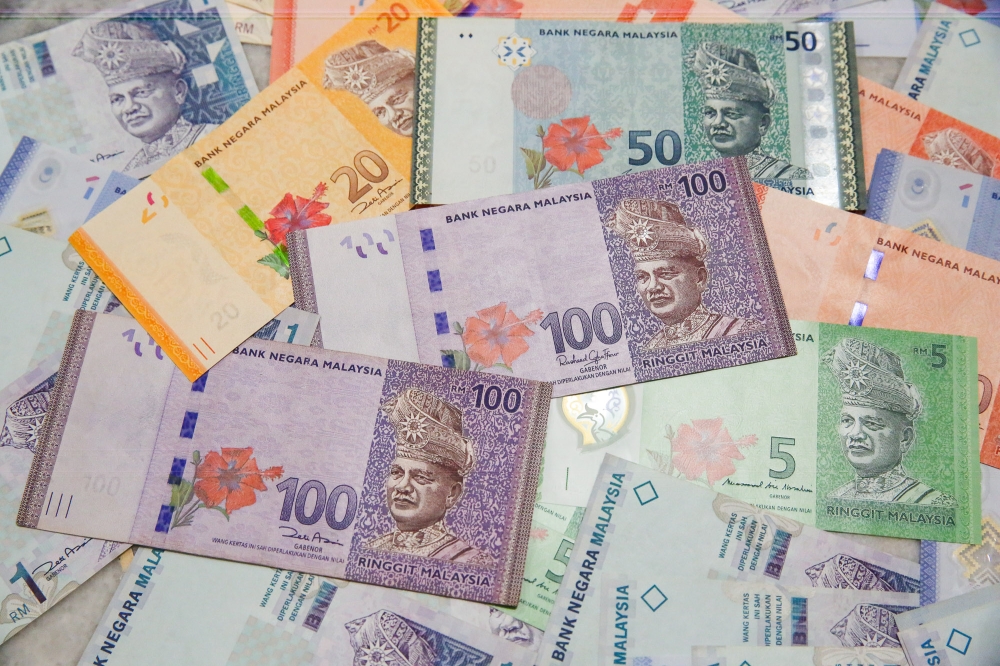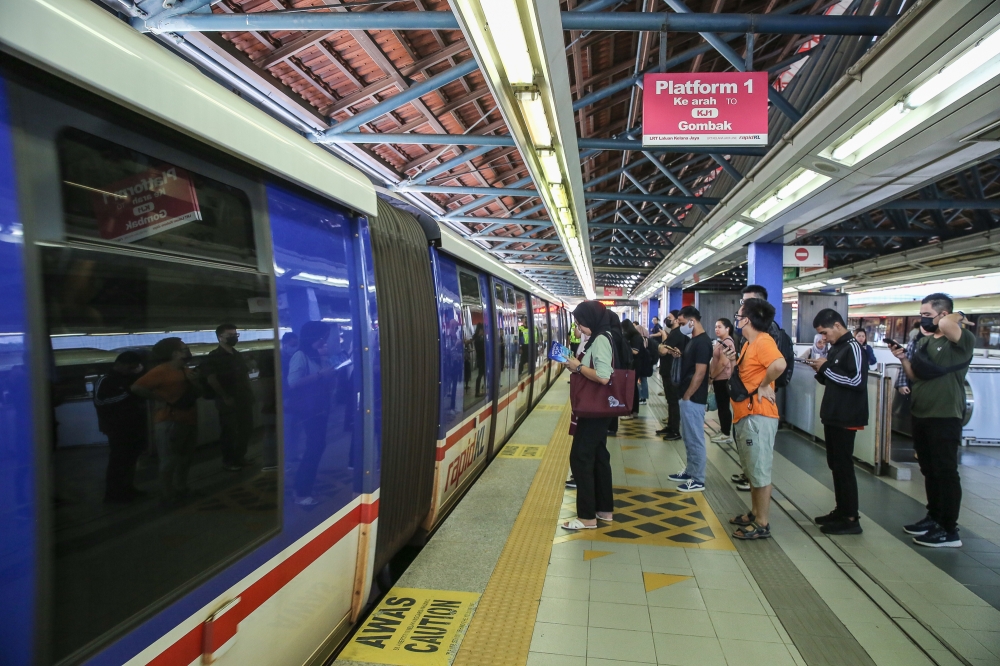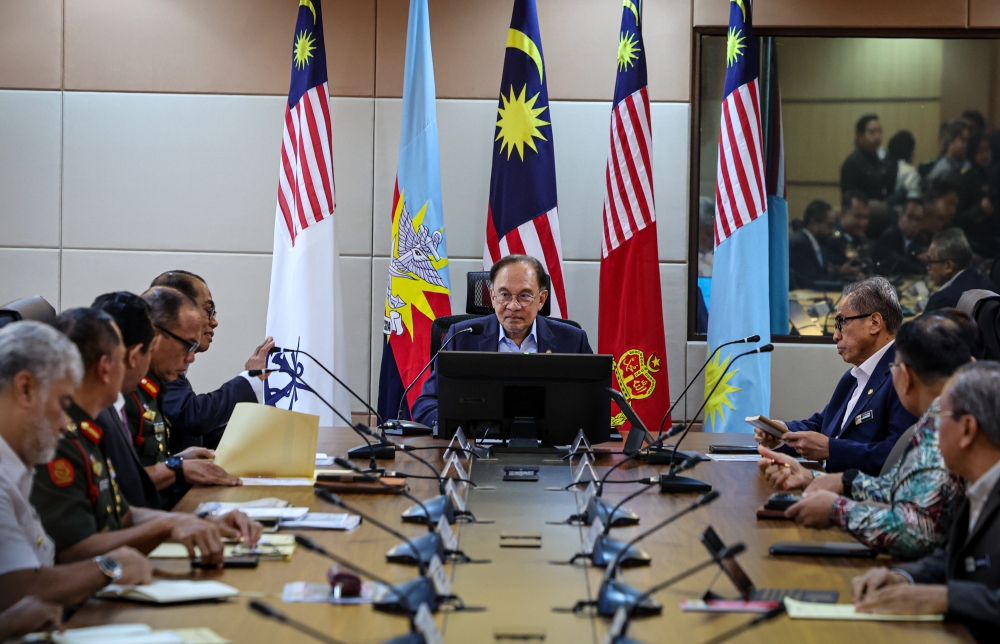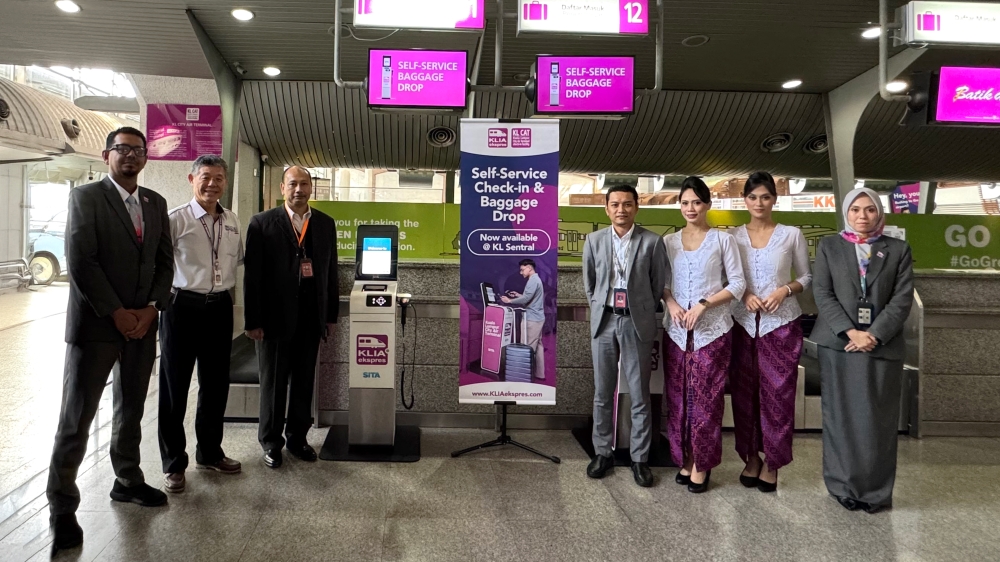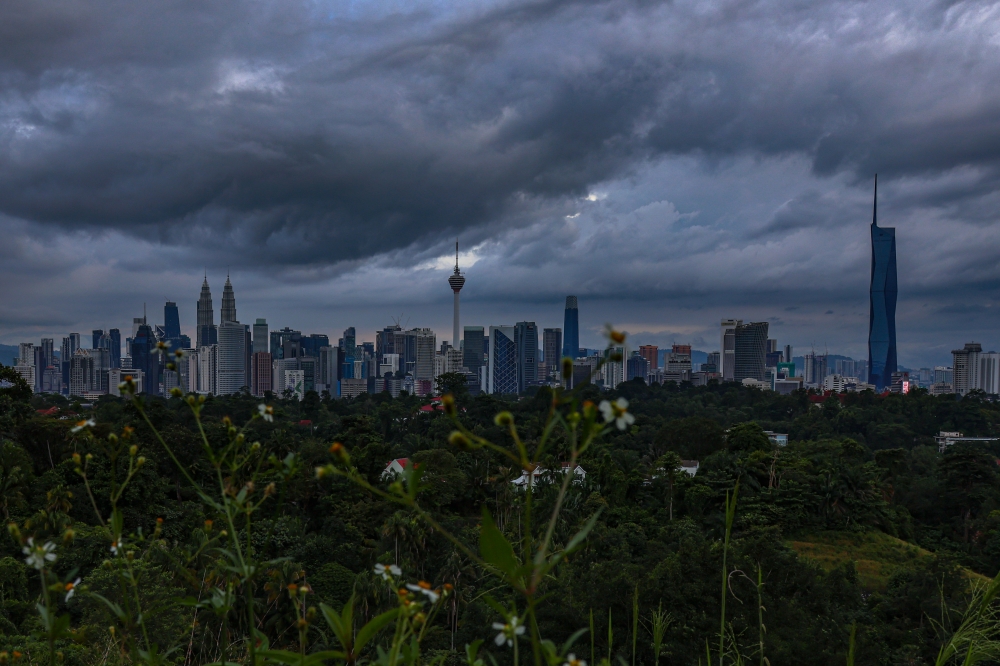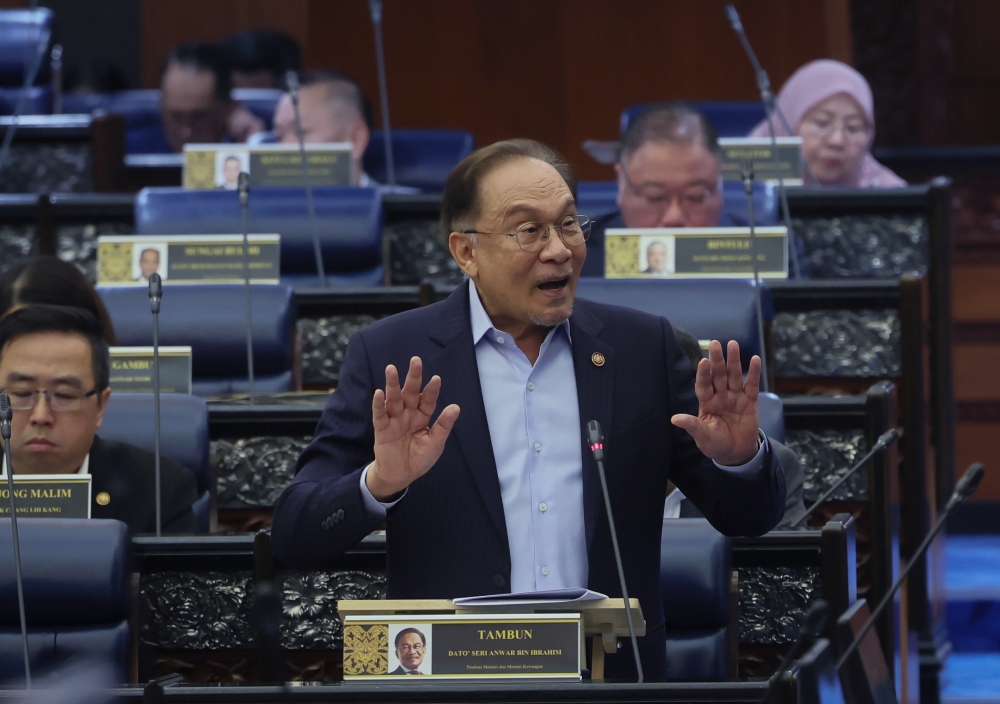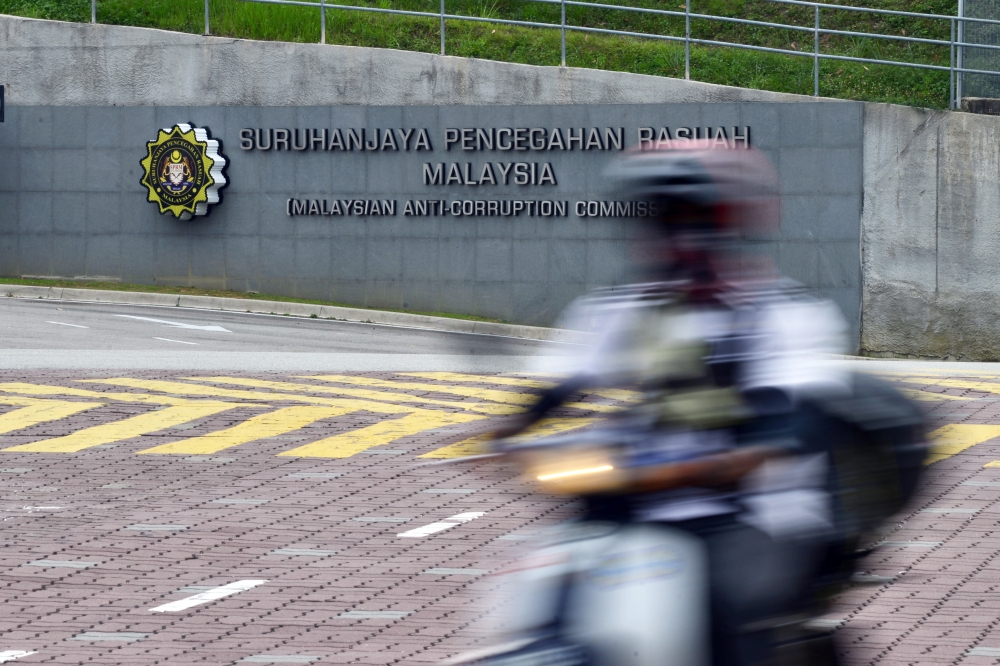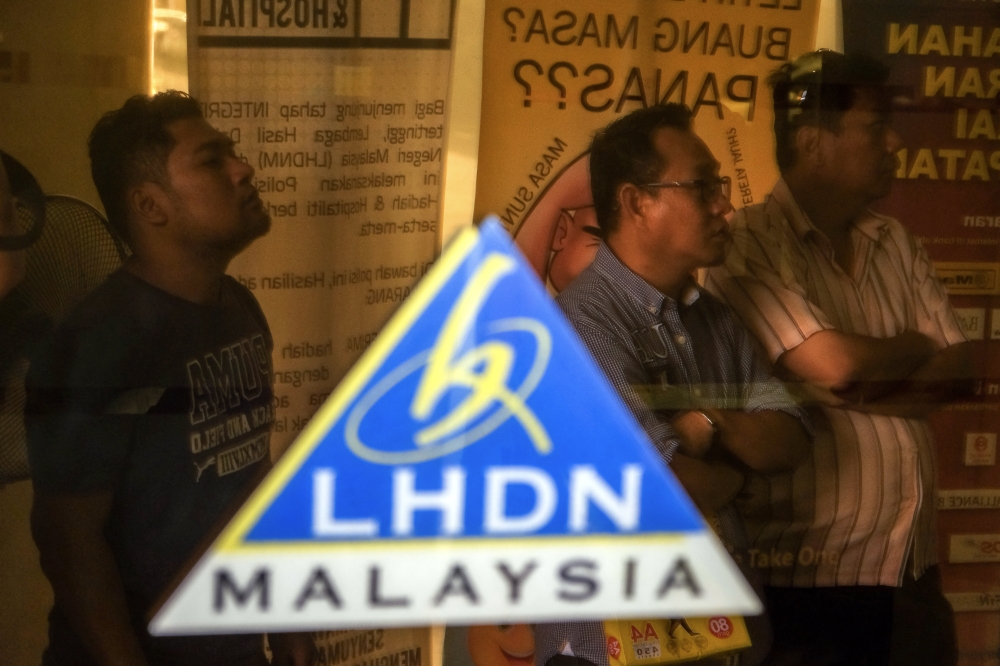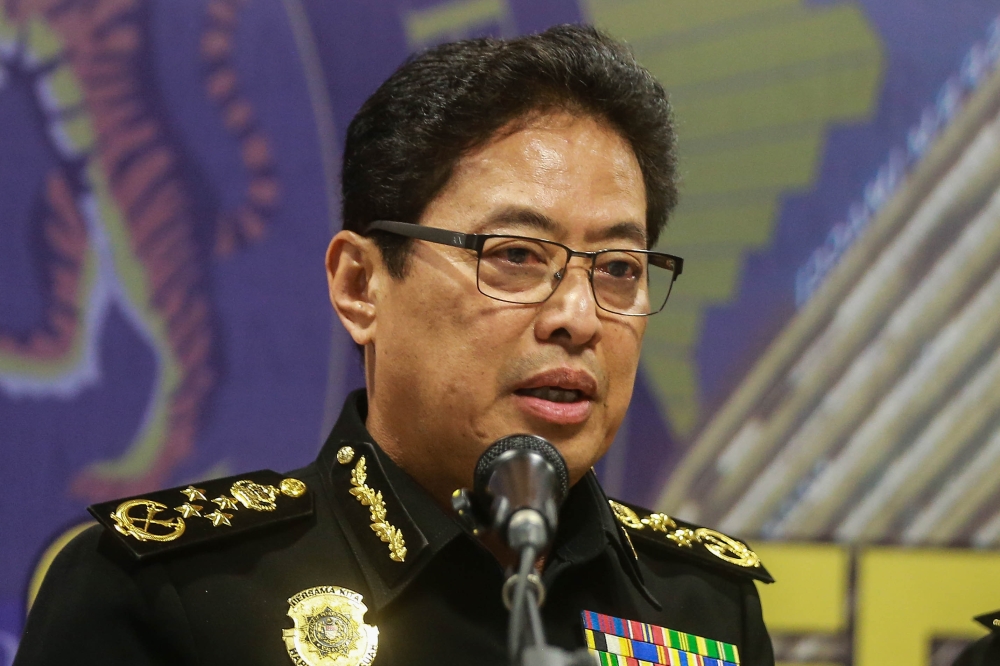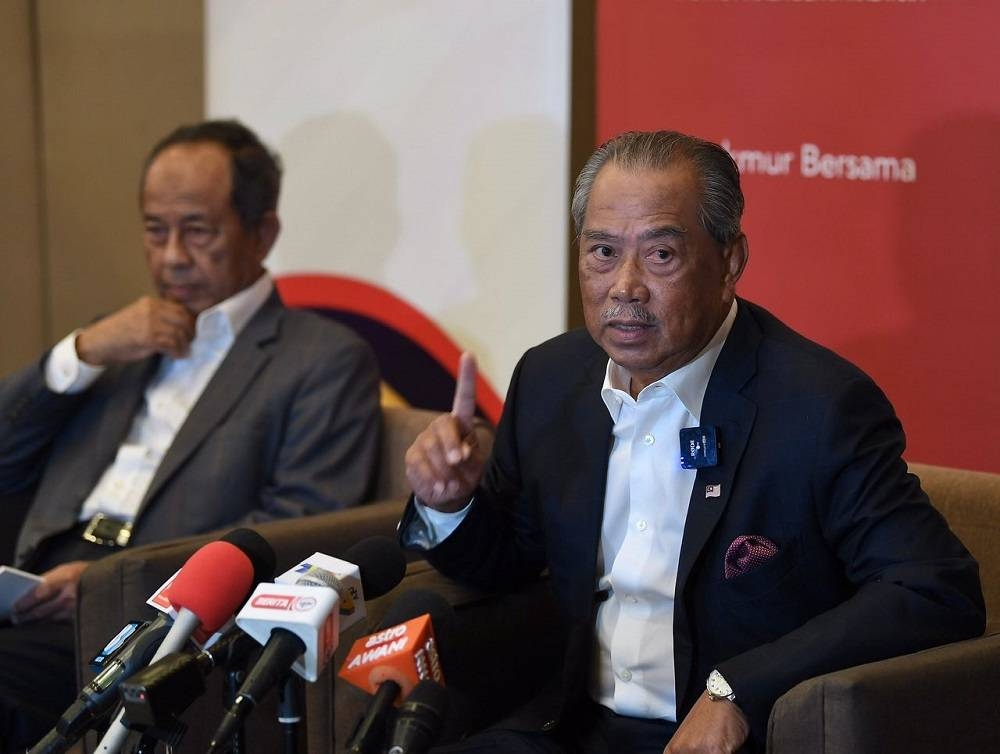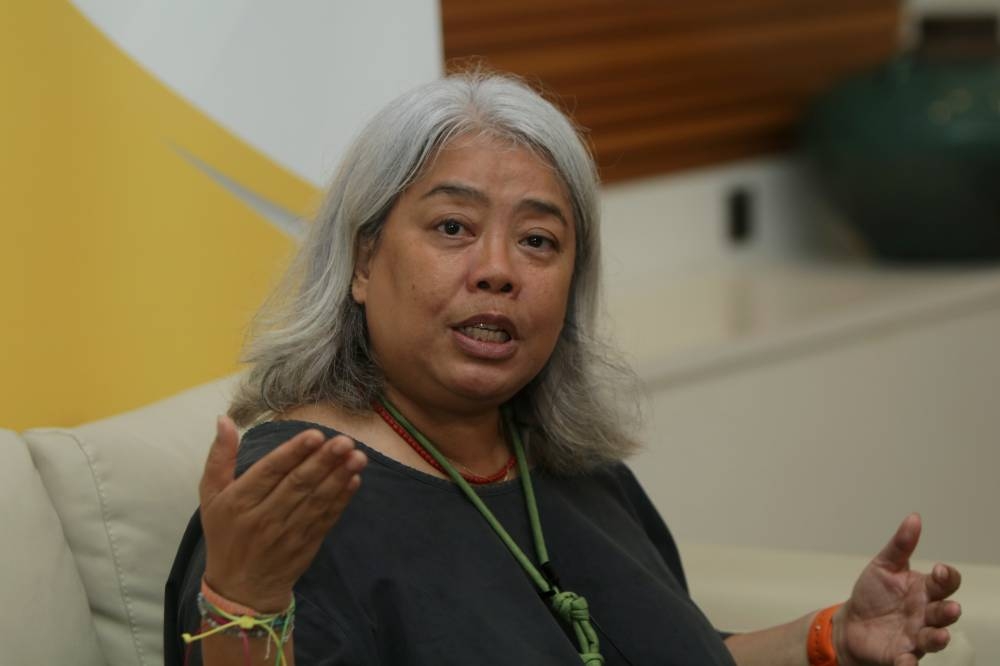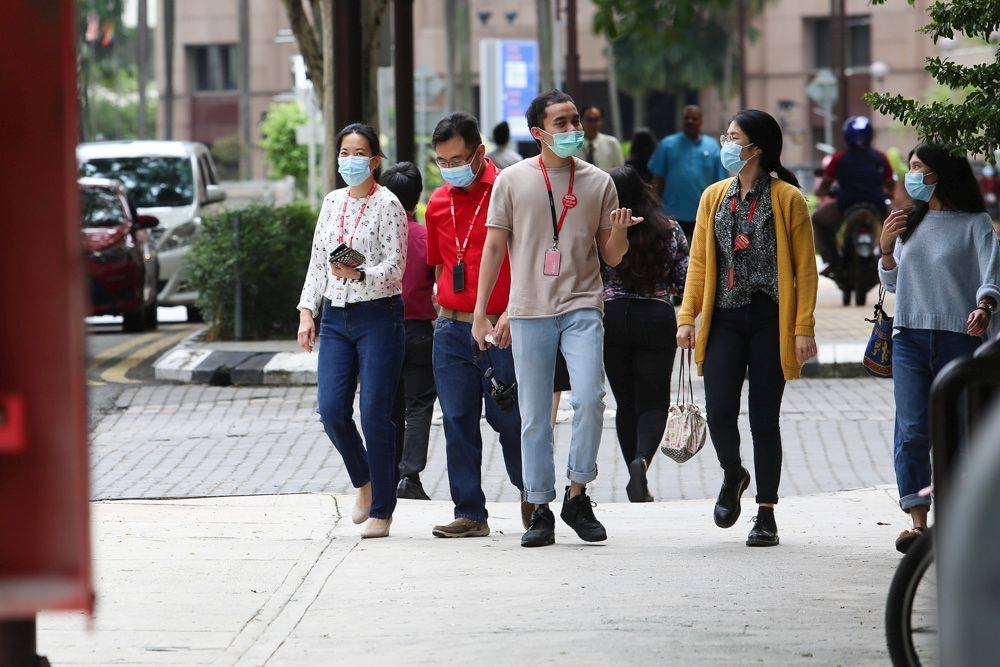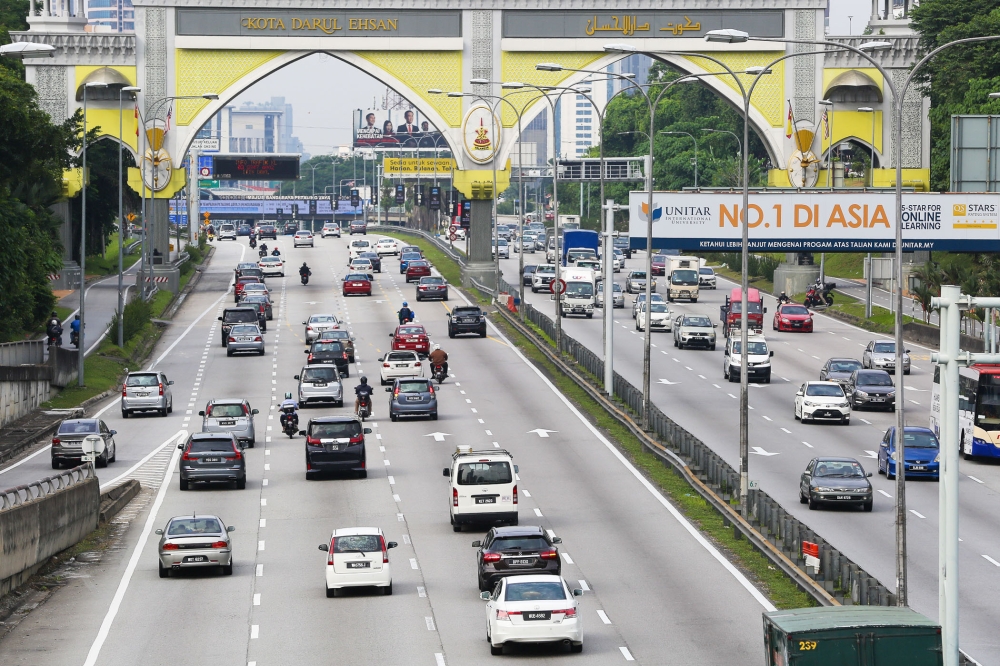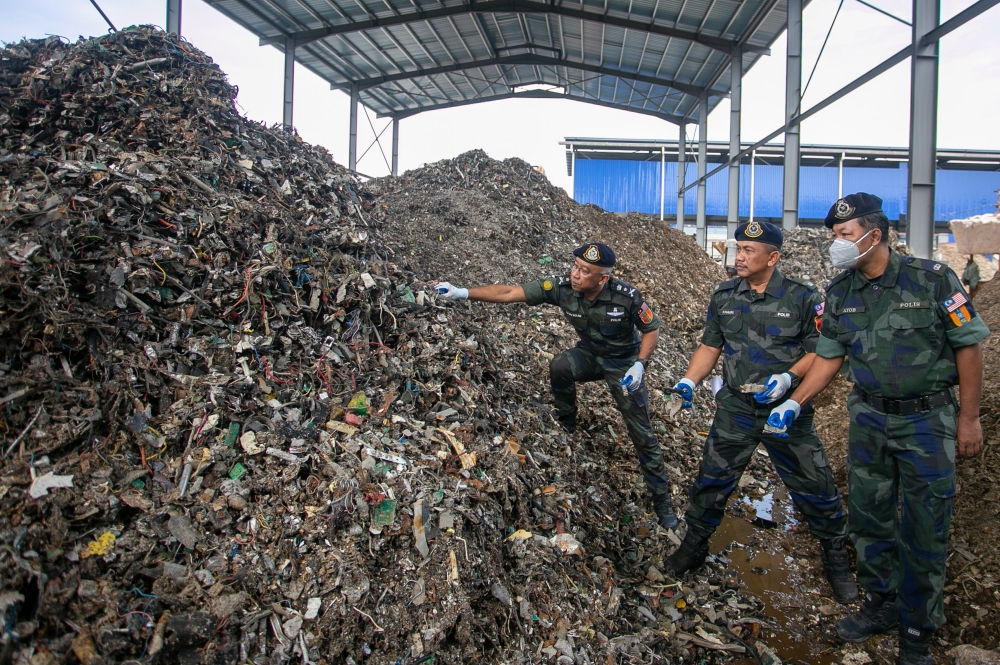PUTRAJAYA, Oct 15 — National Recovery Council (NRC) chairman Tan Sri Muhyiddin Yassin suggested that a centralised system be created to integrate the management of all the various public welfare aid being handed out by government agencies.
At a seminar titled “National Recovery and Social Inclusivity”, co-organised by NRC and independent think-tank Institut Masa Depan Malaysia (Masa), Muhyiddin said there are gaps in the administration of these aid as there are some people from needy groups who are not receiving any aid while others are collecting aid from two to three agencies.
“This integrated system can also work to organise all forms of benefits that Malaysians are eligible to receive through cross-agency data,” he said at the Everly Hotel in Putrajaya on Thursday.
“By integrating the recipients’ data from all agencies in a single system, the aid distribution process, including subsidies, can be coordinated as well as distributed transparently, efficiently and as quickly as possible to the target groups.”
Muhyiddin, who is also Masa chairman, added that such an integrated single mechanism will function as a social safety net that can identify short-, medium — and long-term assistance to be provided to eligible Malaysians.
“This can reduce bureaucracy in terms of aid delivery which would then optimise the use of the country’s finances,” he added.
On a separate matter, Muhyiddin said that labour shortage remains a critical problem in Malaysia, with the number of foreign workers entering the country being far lower than what is necessary for certain industries to be productive.
“Since December 2021, the NRC has been informed by industry players about the labour shortage problem, especially in the plantation sector, which bore a loss of almost RM20 billion that year.
“Then, between January and September 2022, the industrial sector submitted a total of 1.15 million foreign worker applications.
“Of these, 467,000 were approved but only 76,000 were brought in,” he said.
Muhyiddin urged the government to speed up the process of hiring foreign workers according to the needs of specific industries.
“We can no longer think and act in the old way, or like ‘business as usual.’ Instead, there must be a greater sense of urgency and the government must strive to do more for the rakyat amid all the economic hardships we are currently facing,” he said.
The seminar was aimed at providing a platform for stakeholders such as academics, industry players, policy makers and civil society to gather proposals related to the recovery of the country’s economy, examine issues and challenges related to socio-economic aspects in formulating a strategy towards social well-being and economic prosperity as well as to strengthen Malaysia’s economic sustainability agenda.
In his speech when launching the seminar, Muhyiddin said it was more worrying that around 600,000 M40 households had fallen into the poor category. This had contributed to an expansion of the B40 to the B60 group due to the economic restrictions as a result of the Covid-19 pandemic.
The significant increase reflected the reality that many were still forced to face difficult situations due to the increase in the price of goods, cost of living, loss of jobs or a decrease in income, he said.
Muhyiddin added that if the relevant agencies did not take immediate intervention steps, the problems faced by Malaysians and those vulnerable groups will become more severe and acute.
On the financial burden and cash flow problems faced by the business community, especially the micro-, small — and medium-sized enterprises (MSMEs), Muhyiddin said the NRC had recommended that the loan rescheduling or restructuring programme (moratorium) be continued.
Any delay in providing assistance will affect the survival and durability of their businesses, he said.

